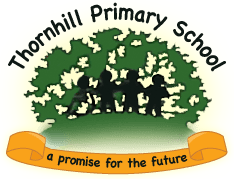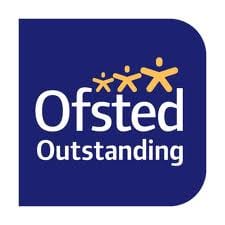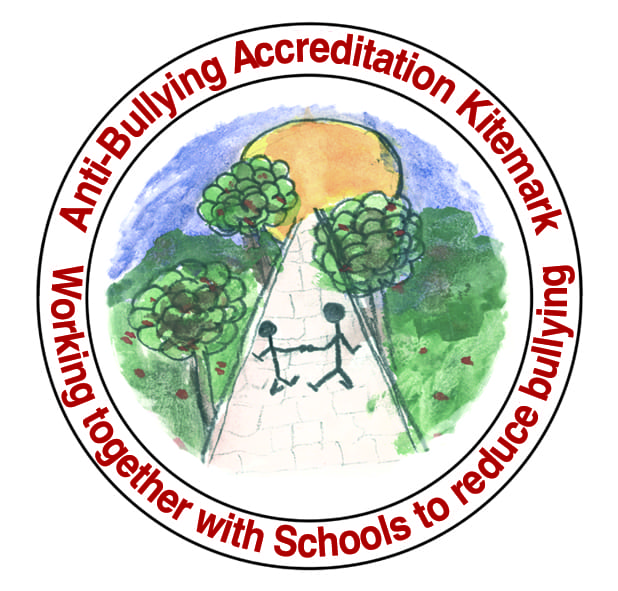| Philosophy |
| At Thornhill Primary School, we give all of the children the opportunity to use their imagination and creativity to make products that solve real and relevant problems within a variety of contexts that they can be proud of. We believe that D&T provides the children with practical experiences of designing, making and evaluating a product that they can apply now and later on in life to the wider technological world. |
| Intent: What we are trying to achieve through our curriculum… |
| We strive to create an engaging D&T curriculum to allow the children to build a repertoire of skills, knowledge and understanding by developing a range of products. We believe that high quality D&T lessons make an essential contribution to children’s lives by allowing them to perform everyday tasks with confidence to enable them to participate successfully in an increasingly technological world. The D&T curriculum at Thornhill provides the opportunity for children to learn, practise and develop essential practical skills such as cutting, sewing and joining whilst also advancing problem solving and evaluation skills. We encourage the children to become enterprising and capable individuals by being resourceful and taking risks. In addition, we also educate the children so that they understand and can apply the principles of nutrition and healthy eating to their future lives. Our D&T projects provide children with the opportunity to individually and collaboratively critique, evaluate and test their ideas whilst considering their own and others wants and needs. |
| Implementation: How our curriculum is delivered… |
| Each half term, the children will design, safely make and evaluate a product that meets their design criteria. The process will involve researching and critiquing existing products and applying what they have found out to their work. Every session taught is high quality, creative and stimulating so that the children can gain and develop vital life skills. Where applicable, D&T specialists will be invited into school to work with the children to create their product. Each year group will complete one cooking and nutrition topic each year to promote and encourage a healthy and balanced diet. We follow The National Curriculum to make sure that all of the objectives and subject content are covered within Key Stage One and Key Stage Two so that the aims of the D&T curriculum are achieved. Our D&T lessons are taught as stand-alone sessions so that the children are fully aware of the subject that they are engaging with and the skills and processes they will be developing. There is always a purpose and audience for the product being created. Each year group will create at least one product focused on: mechanisms, cookery and nutrition, textiles and structure a year plus digital world and electrical systems in KS2.
We use our key school documents to plan our D&T throughout the school: LTP / Progression of Knowledge & Skills / MTP / Short term plans. There is a focus on the following disciplinary skills: Design In our Early Years Foundation Stage (EYFS), the children begin their journey developing their practical skills whilst working with a range of materials within their expressive arts and design lessons. The ‘Development Matters in EYFS’ guidance highlights the importance for the children to have regular opportunities to explore materials to support their creativity and imagination. The children will create simple products linking with the topic they are covering at the time. Children in our EYFS will also start to understand the importance of cookery and nutrition. |
| Impact: The difference our curriculum is making… |
| Our reasoning for teaching D&T as outlined above:
· Learn, practise, revisit and develop a variety of essential life skills taught in previous year groups · Giving children the opportunity to participate in sessions delivered by D&T specialists (e.g. links with secondary schools) · Prepare children to participate in a technological world · Provide the children with the experience of creating a wide range of products using a number of different resources and materials · Annual reinforcement of nutrition and healthy eating principles · Enable the children to transfer their problem solving and evaluation skills into other subjects The impact is evidenced by the clear development of skills as the children progress through school, the excellent quality of work in their books, discussions about their products and observations as the children create and evaluate their product. Pupils regularly express their enthusiasm about their products and skills development during their D&T sessions as well as on pupil questionnaires and discussions. The children are able to confidently talk about each step (designing, making and evaluating) in their product development. The end products produced show that work is a high standard and demonstrates that the pupils are becoming accomplished with their skills, acquiring knowledge and developing their confidence working practically. The children are very proud of what they have achieved and take pride in the product they have made. DT Progression of Knowledge and Skills Forest School – for more information please see our Forest School page
|





